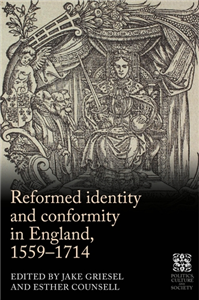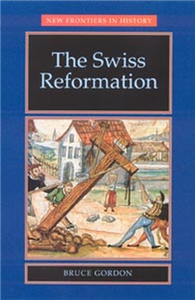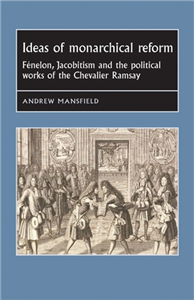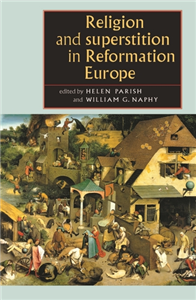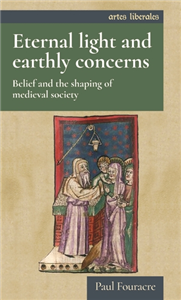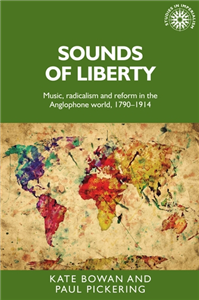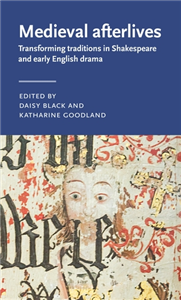Reformed identity and conformity in England, 1559–1714
by Jake Griesel, Esther Counsell
This volume is the first collection of essays to focus specifically on how Reformed theology and ecclesiology related to one of the most consequential issues between the Elizabethan Settlement (1559) and the Hanoverian Succession (1714), namely conformity to the Church of England. This volume enriches scholarly understandings of how Reformed identity was understood in the Tudor and Stuart periods, and how it influenced both clerical and lay attitudes towards the English Church's government, liturgy and doctrine. In a reflection of how established religion pervaded all aspects of civic life in the early modern world and was sharply contested within both ecclesiastical and political spheres, this volume includes chapters that focus variously on the ecclesio-political, liturgical, and doctrinal aspects of conformity.


